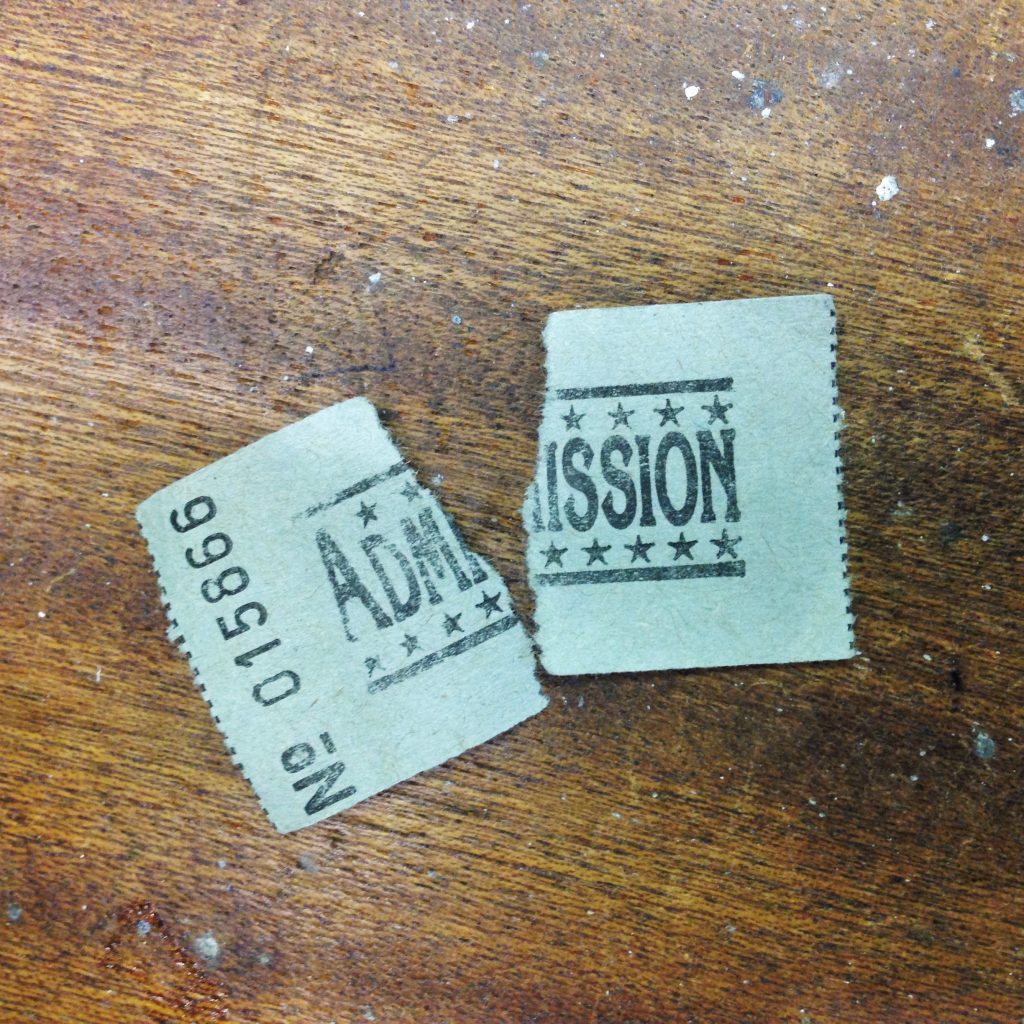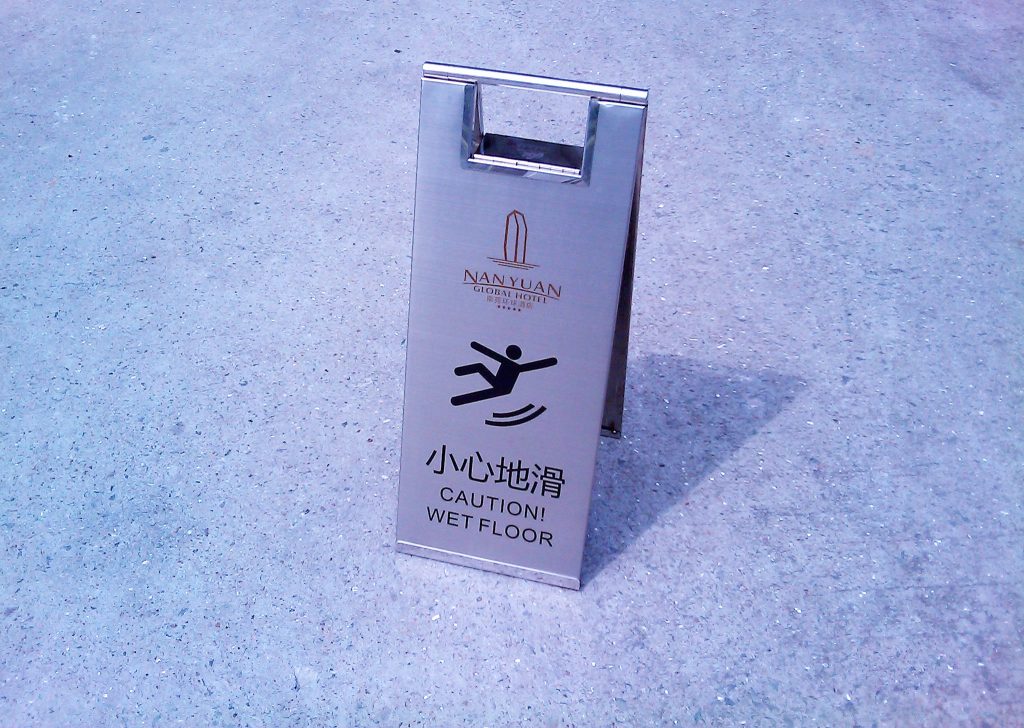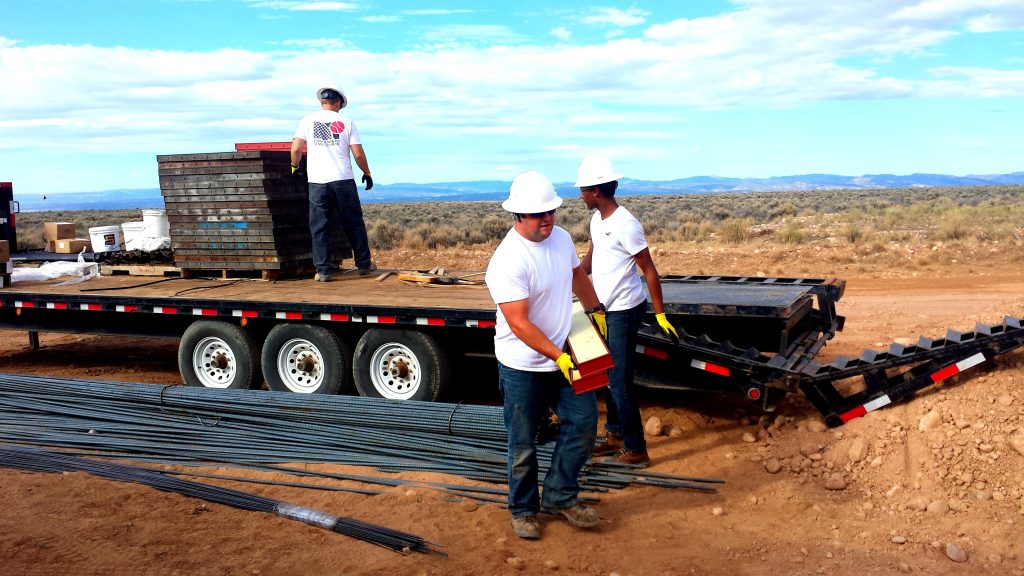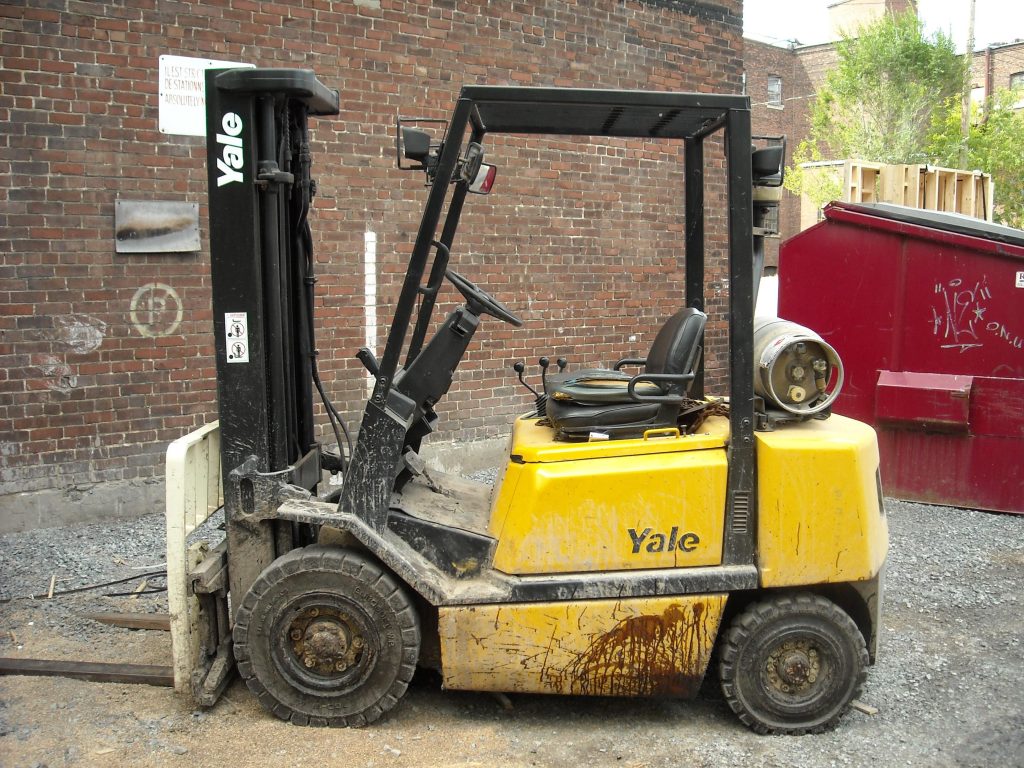
What do the movie, “Charlie and the Chocolate Factory,” and final judgments have in common? Both require a “golden ticket” to succeed in the next phase. In Charlie and the Chocolate Factory, each contestant must have a golden ticket to gain access to Willy Wonka’s Chocolate Factory. In trial-level court cases, judgments must include clear, specific language that makes them valid and disputable. Although the chances of Charlie discovering one of the five golden tickets were rare, the chances of an appeal being heard are less likely without a valid, disputable judgment.
What language is required to make a judgment valid and disputable? How does a court correct a judgment that does not include clear and specific language? A recent case out of Lafayette addressed these questions and offered preventative measures to avoid future occurrences of the same dilemma.
Curley Mouton lost his life in an automobile accident on April 24, 2014, after a tire on a tractor-trailer failed and burst, causing debris to fly into the roadway. Mouton’s surviving spouse and oldest son filed lawsuits against the truck driver, Arthur Huguley, Huguley’s employer, AAA Cooper Transportation, Inc. (ACT), and the insurance company, Ace American Insurance Company (ACE). After a jury trial, a decision favoring Mouton’s spouse and son was made. The jury found Huguley and ACT responsible for the accident, with 10% of the responsibility allocated to Huguley and the remaining 90% allocated to ACT. The jury awarded the Mouton family damages for the survival action and wrongful death damages.
 Louisiana Personal Injury Lawyer Blog
Louisiana Personal Injury Lawyer Blog


 Injuries sustained on the job present challenges for the employee and employer, especially when multiple sites of injury are involved. In addition, injuries all over the body can require different medical treatments for each affected area. Specialized treatments such as a spinal cord stimulator can be recommended to alleviate pain to an injured worker. However, a workers compensation insurance company may not be amenable to pay for such treatment. The following case addresses the question, can a workers compensation claimant receive spinal cord stimulator treatment in Louisiana?
Injuries sustained on the job present challenges for the employee and employer, especially when multiple sites of injury are involved. In addition, injuries all over the body can require different medical treatments for each affected area. Specialized treatments such as a spinal cord stimulator can be recommended to alleviate pain to an injured worker. However, a workers compensation insurance company may not be amenable to pay for such treatment. The following case addresses the question, can a workers compensation claimant receive spinal cord stimulator treatment in Louisiana? Slip and fall claims are among the most common types of personal injury lawsuits. But how do you ensure that your claim makes it through the legal process? A dismissed case against a Metairie restaurant can show you what mistakes to avoid in setting up your slip-and-fall claim for success.
Slip and fall claims are among the most common types of personal injury lawsuits. But how do you ensure that your claim makes it through the legal process? A dismissed case against a Metairie restaurant can show you what mistakes to avoid in setting up your slip-and-fall claim for success.  Medical conditions can be a sensitive topic for both employers and employees. While employers are extremely cautious in not asking discriminatory questions, the employees may still be reluctant and afraid to lay all cards on the table. Understandably, workers who suffer from pre-existing medical conditions feel that they don’t need to inform their employers as long as the illnesses are not getting in the way of work. But should they? A recent case from Lousiana Fourth Circuit illuminates the legal consequences where the employee lied on the medical forms and later requested worker’s compensation.
Medical conditions can be a sensitive topic for both employers and employees. While employers are extremely cautious in not asking discriminatory questions, the employees may still be reluctant and afraid to lay all cards on the table. Understandably, workers who suffer from pre-existing medical conditions feel that they don’t need to inform their employers as long as the illnesses are not getting in the way of work. But should they? A recent case from Lousiana Fourth Circuit illuminates the legal consequences where the employee lied on the medical forms and later requested worker’s compensation. It can be a long road to recovery from a work-related injury. If you or a loved one suffered an injury on the job, it is crucial to understand the workers’ compensation system to comply with all the requirements to receive any compensation to which you are entitled.
It can be a long road to recovery from a work-related injury. If you or a loved one suffered an injury on the job, it is crucial to understand the workers’ compensation system to comply with all the requirements to receive any compensation to which you are entitled.  Most court cases do not proceed to actual trial. In the context of criminal cases, the defendants often accept plea deals. In the context of civil cases, however, parties often settle or the case is simply dismissed through motion practice.
Most court cases do not proceed to actual trial. In the context of criminal cases, the defendants often accept plea deals. In the context of civil cases, however, parties often settle or the case is simply dismissed through motion practice. What may seem like a simple worker’s compensation claim can turn into a surprisingly complicated dispute over the nature of the injury and the payment of benefits. For many years, Reginald Crockerham worked as a forklift operator for Weyerhaeuser Holden Wood Products in Tangipahoa Parish. After almost two years of lower back injuries caused by the forklift’s bad tires, suspension, and seating, Crockerham underwent discectomy surgery and a two-level fusion.
What may seem like a simple worker’s compensation claim can turn into a surprisingly complicated dispute over the nature of the injury and the payment of benefits. For many years, Reginald Crockerham worked as a forklift operator for Weyerhaeuser Holden Wood Products in Tangipahoa Parish. After almost two years of lower back injuries caused by the forklift’s bad tires, suspension, and seating, Crockerham underwent discectomy surgery and a two-level fusion.  How much of an award or compensation could a parent expect when a school board is found liable for inflicting trauma on a child? A trauma to a child would have a profound effect on the parent as well as the child. Is it not reasonable to expect the school board to pay for the emotional damages the parent suffered? Unfortunately for a Baton Rouge mother, her failure to include in her written pleadings a claim for general damages resulted in a finding of no damages despite trial testimony supporting her emotional distress. A superior lawyer always includes all possible claims in written pleadings to avoid this unfortunate outcome.
How much of an award or compensation could a parent expect when a school board is found liable for inflicting trauma on a child? A trauma to a child would have a profound effect on the parent as well as the child. Is it not reasonable to expect the school board to pay for the emotional damages the parent suffered? Unfortunately for a Baton Rouge mother, her failure to include in her written pleadings a claim for general damages resulted in a finding of no damages despite trial testimony supporting her emotional distress. A superior lawyer always includes all possible claims in written pleadings to avoid this unfortunate outcome.  The following scenario is not uncommon. Person enters restaurant without incident. Same person exits restaurant, fails to notice the one-step curb just beyond the door, falls, gets injured, and files a lawsuit against the restaurant. When is a restaurant owner responsible for such an incident? A recent case out of Baton Rouge explored this question and provided useful guidelines for owners and patrons alike.
The following scenario is not uncommon. Person enters restaurant without incident. Same person exits restaurant, fails to notice the one-step curb just beyond the door, falls, gets injured, and files a lawsuit against the restaurant. When is a restaurant owner responsible for such an incident? A recent case out of Baton Rouge explored this question and provided useful guidelines for owners and patrons alike.